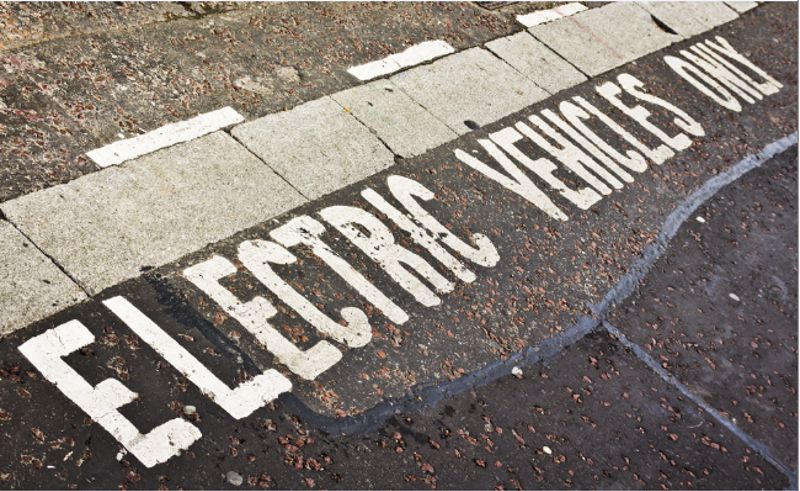With prices at the pump still elevated and winter bearing down, an increasing number of Americans are seriously thinking about purchasing an all-electric vehicle. The federal government is incentivizing drivers to do so as well through rebates and tax credits, something that over two-thirds of adults around the country support, according to a recent survey conducted by the Pew Research Center.
The problem? Several of the materials and resources that EV needs to operate — like rare earth minerals, which are used for the manufacturing of batteries — are in short supply domestically.
However, two of America's "Big Three" automakers are making major investments in the infrastructure that will enable them to produce EVs at a rate that keeps up with demand.
In a press release issued Sept. 23, Ford Motor Company announced that the wheels are in motion toward developing a massive electric vehicle warehouse in the Volunteer State. Located in Stanton, Tennessee, the auto manufacturing complex is expected to cost Ford more than $5 billion to build when all is said and done and will span more than six square miles.
Eric Grubb, director of new footprint construction for Ford, said the facility is just what the company needs to start pumping out EVs at a higher volume.
"We are building the future right here in West Tennessee," Grubb explained. "This facility is the blueprint for Ford's future manufacturing facilities and will enable Ford to help lead America's shift to electric vehicles."
Historically, EVs have waxed and waned over the years, representing the vast minority compared to gas powered vehicles. Automakers anticipate a role reversal, however, with BMW forecasting EV sales to surge 70% in 2023, according to Bloomberg.

Ford expects a similar shift and is targeting a global EV production run rate of 2 million within five years, the company said.
Ford isn't the only domestic nameplate that's doubling down on EVs being the wave of the future. Fellow Big Three automaker General Motors formally announced its partnership with Lithion Recycling, a Canada-based energy firm that specializes in lithium processing. Lithium is a rare earth mineral that is used for making EV batteries, specifically lithium-ion batteries.
Jeff Morrison, vice president of global purchasing and supply chain at GM, stated in a press release that General Motors hopes to be part of the solution when it comes to addressing climate change.
"GM is aggressively scaling battery cell and EV production in North America to reach our target of more than 1 million units of annual capacity by 2025, and we plan to eliminate tailpipe emissions from all our new light-duty vehicles by 2035 – so we are building a supply chain and recycling strategy that can grow with us," Morrison said.
With Lithion poised to open its first commercial recycling operation as soon as next year, GM expects to be able to produce as many as 7,500 metric tons of lithium-ion batteries annually.
Among those Americans that are casually or seriously considering purchasing an EV, 71% of respondents said saving money on gas was a primary motivator, according to the Pew poll.


Post A Comment:
0 comments so far,add yours